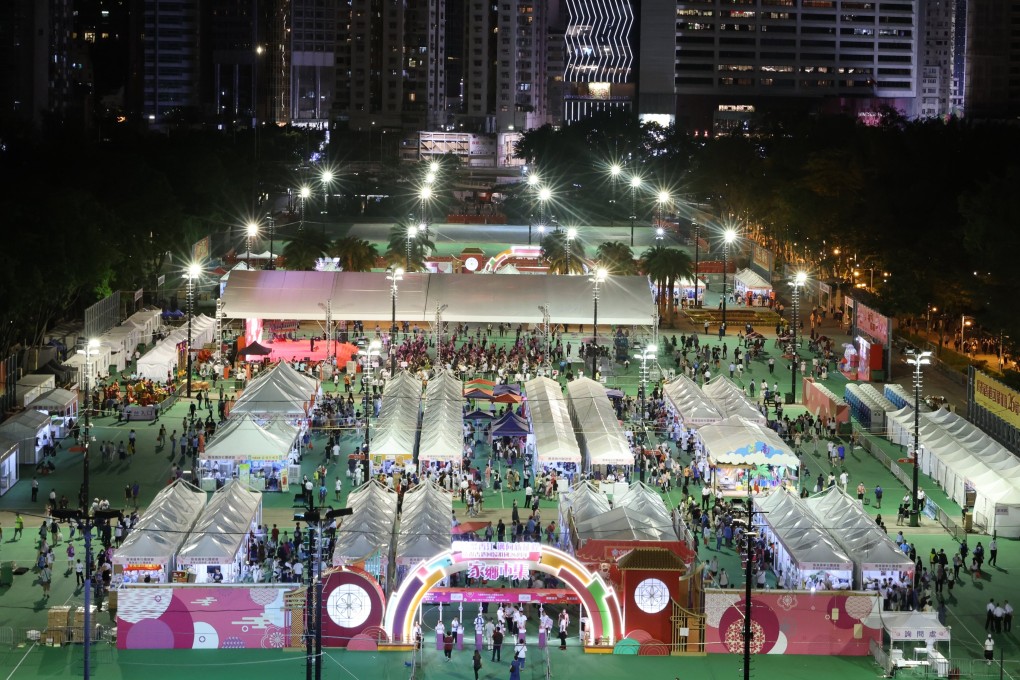My Take | As Hong Kong re-engages with the world it needs to move on from 2019
- With the 35th anniversary of the Tiananmen crackdown on Tuesday, people will remember, reflect and hope for happier times in the future

The anniversary of the Tiananmen crackdown, on June 4, was for 30 years commemorated in Hong Kong with a candlelit vigil attended by thousands.
It provided an opportunity to remember the student protesters who died in Beijing in 1989, but also became a potent symbol of Hong Kong’s rights and freedoms.
The 35th anniversary falls on Tuesday. There has been no vigil for five years amid the pandemic and a new political environment. But the anniversary comes as the city’s freedoms are once again in the spotlight.
Last week, 14 opposition figures were found guilty of conspiracy to subvert state power in a landmark case. Two were acquitted and another 31 pleaded guilty. They face sentences of up to life imprisonment.
The mass arrests, in January 2021, followed Beijing’s passing of a national security law the previous year, in response to months of civil unrest.
At a stroke, the government’s opposition was effectively removed, signalling a seismic shift in the city’s politics and paving the way for reforms to limit political influence to “patriots”.
